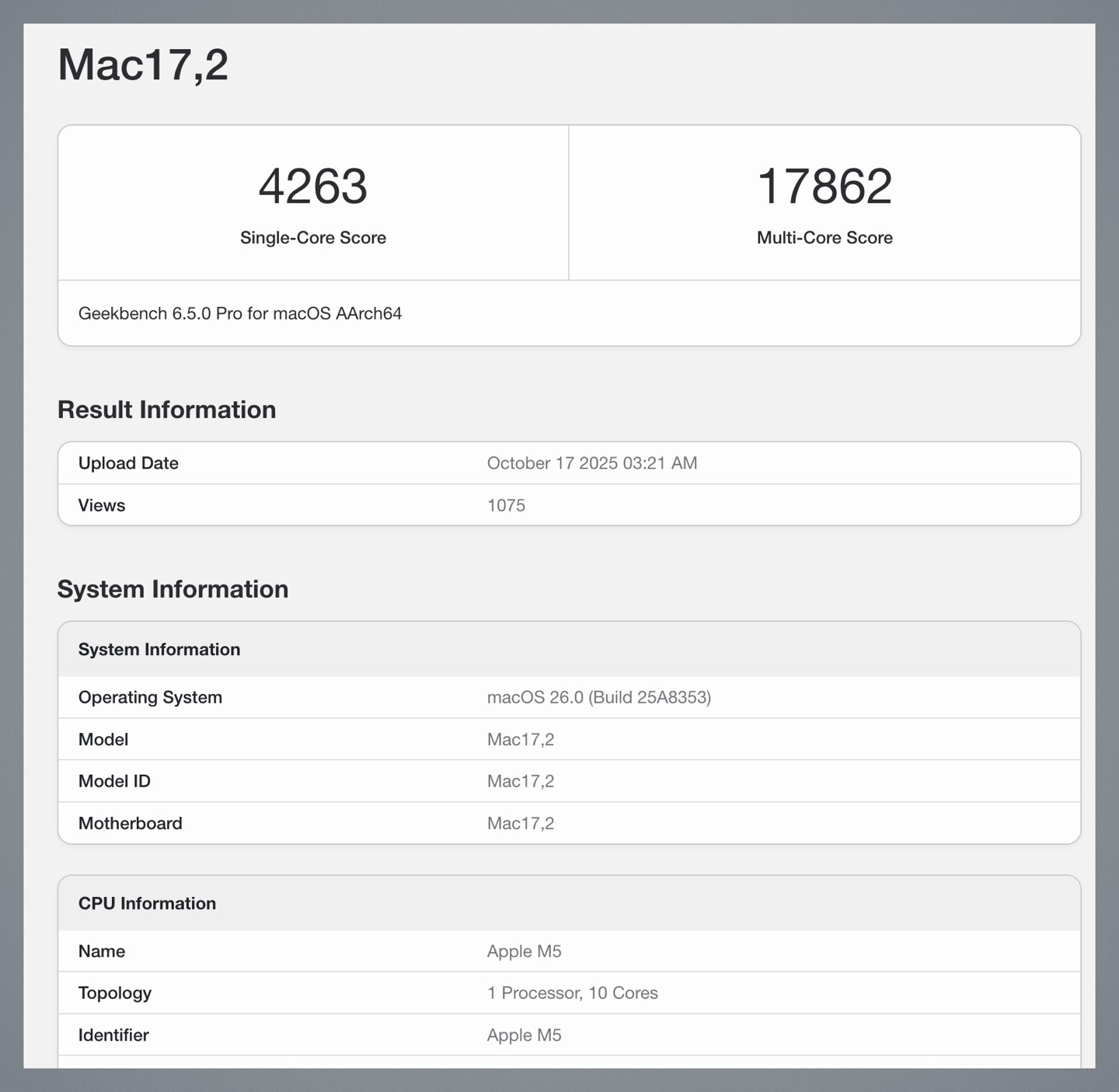Grindr, an LGBTQ+ dating app, has once again been accused of storing and sharing sensitive user data with third parties. including intimate photos and HIV status. This time, the complaint was filed by former platform privacy director Ron De Jesus, who was fired earlier this year.
De Jesus alleges in a lawsuit filed in Los Angeles Superior Court last Wednesday that a clerical error allowed user data to be saved. Among them are “billions” of nude photos even after deleting the account. He claims that he informed the management of the company, and they consequently fired him a few hours later.
The former director of Grindr assures that this error also restarted consent settings that users they disclosed what information they agreed to collect on the platform. The same was available to any employee or external provider, according to the document, which was accessed. Bloomberg’s Law.
“Grindr didn’t just share user data and will probably continue to do so., but allowed third parties to collect data that was later shared with its partners when the user simply viewed ads,” the complaint reads. De Jesus accuses the company of wrongful termination and prioritization of “profit over privacy”, violating the laws of the United States and other countries.
Grindr exposes user data multiple times
De Jesus’ claims are “definitely false,” said Patrick Lenihan, head of communications at Grindr. “He was fired for being inefficient and poorly managing Grindr’s privacy practices,” Lenihan said. Bloomberg’s Law.
De Jesus’ lawsuit alleges that Grindr has a history of violating the privacy of its users. Point to case Norway, which fined a dating app $7 million in 2021.. The case also involved the illegal provision of user data to third parties.
The alarm clock has gone off several times. In 2018, the research firm disclosed how the platform shared information with two companies responsible for developing the apps: Apptimize and Localytics. Among the leaked data again serological status and “date of last test”. These are the elements that appear as an option to complete in Grindr profiles.
Wall Street Magazine published another report last year proving that Grindr was collecting and selling data such as user location. The company’s approach was so dangerous that it was used in a US government report on the intelligence risks of commercial information.
The application was launched in 2009. It is one of the most popular among LGBTQ+ people, with about 13 million monthly active users worldwide.
Source: Hiper Textual
I’m Ben Stock, a highly experienced and passionate journalist with a career in the news industry spanning more than 10 years. I specialize in writing content for websites, including researching and interviewing sources to produce engaging articles. My current role is as an author at Gadget Onus, where I mainly cover the mobile section.












